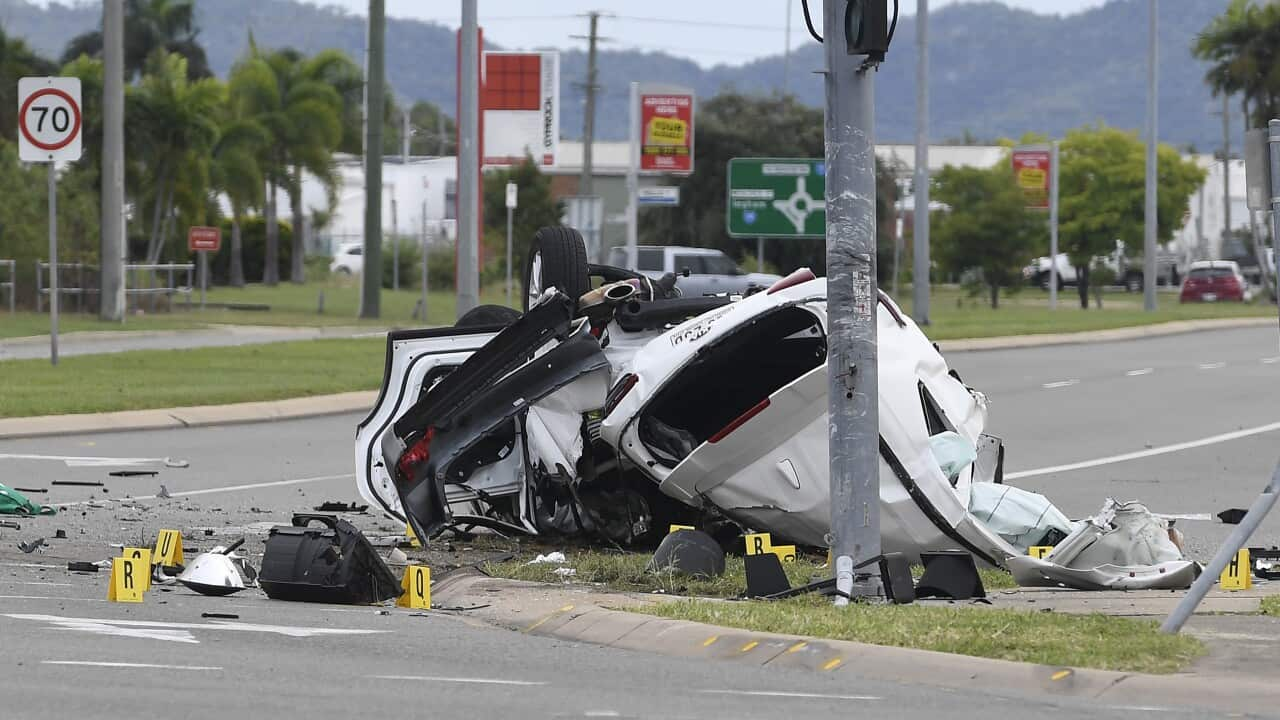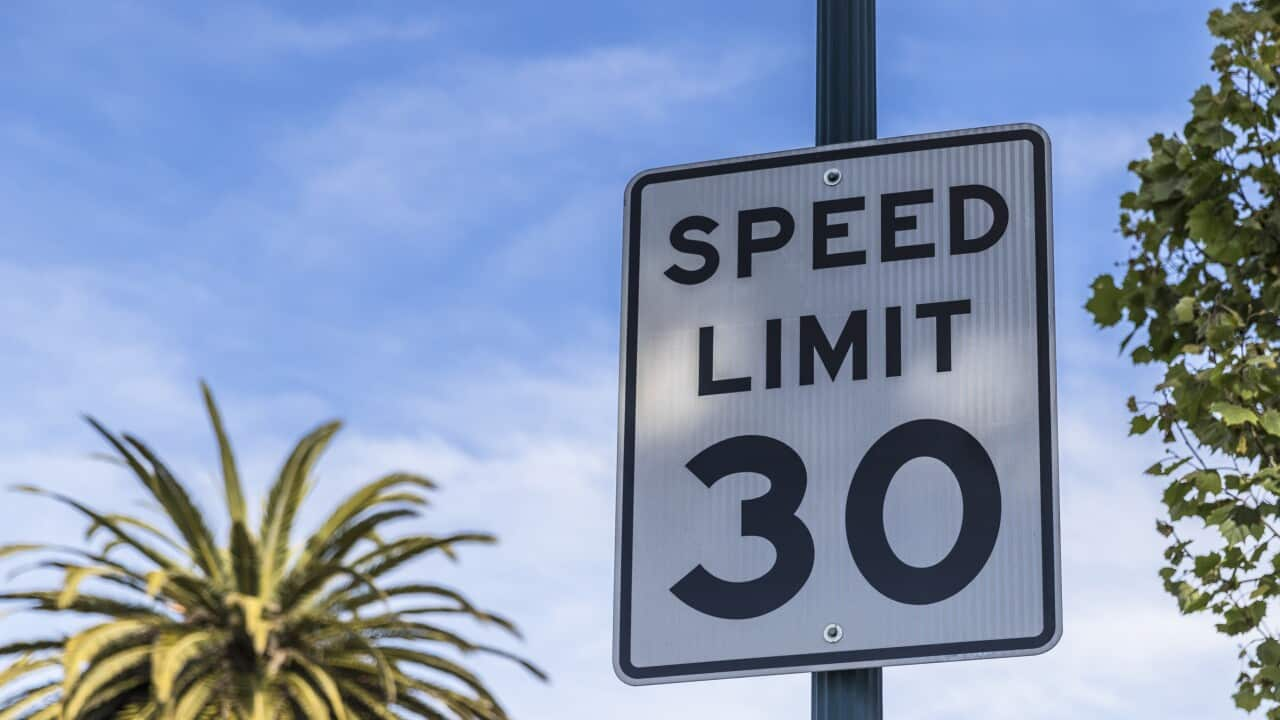More than one person dies every eight hours in road crashes across Australia and a new report shows that figure is climbing.
Data collected by the Australian Automobile Association shows there were 1,310 road fatalities last year, up 11.7 per cent on the previous financial year.
The quarterly Benchmarking the Performance of the National Road Safety Strategy report is stark reading for road users, but that the number of child deaths almost doubled.
It also shows that of those who died, 531 were driving a vehicle versus 218 who were passengers or 155 who were pedestrians.
The remaining deaths involved motorcyclists or bikes.
Queensland, South Australia, Western Australia and the Northern Territory all recorded road deaths per head of population that were more than the national average.

Road safety advocates want more transparency around which black spots are being repaired. Source: AAP / Alan Porritt
The only states or territories to record a decrease were Tasmania and the ACT.
Association managing director Michael Bradley said these figures show Australia's current approach to road deaths is failing.
"We need a data-driven response to a problem killing more than 100 people every month," he said.
"States and territories must report data they hold about the causes of crashes, the quality of roads and the effectiveness of policing, so it can be used to produce more effective road safety interventions."
The federal government made a commitment in 2021 to reduce road deaths by 50 per cent and serious injuries by 30 per cent by 2030 under the National Road Safety Strategy.
Bradley said the government committed to a data transparency clause in its next five-year national partnership with states and territories.
The partnership clause would mean states needed to share a series of factors that contribute to road fatalities with the federal government, however, it has been delayed.
"Data sharing will reveal which state's road safety measures are the most effective and the safety interventions that are most needed," said Bradley.
"That will not only save lives but also end the politicisation of road funding by revealing whether governments are investing in the roads that most need safety upgrades, rather than investing in road projects in marginal electorates to win votes."












